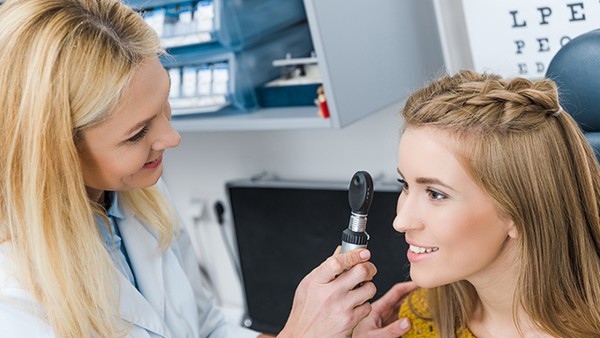What to Do if Your Baby Has Jaundice

Jaundice is a common condition in newborns. It occurs when there is too much bilirubin, a yellow pigment, in the baby's blood. Bilirubin is produced when red blood cells are broken down. In newborns, the liver is not fully developed and cannot remove bilirubin from the blood as quickly as it should. This causes the bilirubin to build up and turn the baby's skin and whites of the eyes yellow.
Most cases of jaundice are mild and will go away on their own within a few weeks. However, some cases of jaundice can be more severe and require treatment.
Symptoms of Jaundice
The most common symptom of jaundice is yellowing of the skin and whites of the eyes. Other symptoms of jaundice can include:
Dark yellow urine
Light-colored stools
Fussiness
Poor feeding
Lethargy
Causes of Jaundice
The most common cause of jaundice in newborns is physiological jaundice. This type of jaundice is caused by the baby's immature liver. Other causes of jaundice in newborns can include:
Breastfeeding jaundice: This type of jaundice is caused by the way the baby's body breaks down breast milk. It is usually mild and will go away on its own within a few days.
Cholestasis: This type of jaundice is caused by a blockage in the bile ducts. Bile is a fluid that helps the liver remove waste products from the body. Cholestasis can be caused by a number of things, including infections, liver disease, and certain medications.
Hemolytic disease of the newborn (HDN): This type of jaundice occurs when the baby's blood type is incompatible with the mother's blood type. This can cause the baby's red blood cells to break down, leading to a buildup of bilirubin.
Diagnosis of Jaundice
Jaundice is diagnosed based on a physical examination and a blood test. The blood test will measure the level of bilirubin in the baby's blood.
Treatment of Jaundice
Most cases of jaundice are mild and will go away on their own within a few weeks. However, some cases of jaundice can be more severe and require treatment. Treatment options for jaundice include:
Phototherapy: This treatment involves exposing the baby to ultraviolet light. The light helps to break down bilirubin so that it can be removed from the body.
Exchange transfusion: This treatment is used to treat severe cases of jaundice. It involves removing some of the baby's blood and replacing it with donor blood.
Prevention of Jaundice
There is no way to prevent physiological jaundice. However, there are some things that can be done to reduce the risk of developing other types of jaundice, such as:
Getting prenatal care: Prenatal care can help to identify and manage risk factors for jaundice.
Avoiding certain medications: Some medications can increase the risk of jaundice in newborns.
Getting vaccinated: Some vaccines can help to prevent infections that can lead to jaundice.
When to Call the Doctor
If your baby has jaundice, it is important to call the doctor right away. Jaundice can be a sign of a serious underlying condition.
Call the doctor if:
Your baby's jaundice is getting worse
Your baby is not feeding well
Your baby is lethargic
Your baby's urine is dark yellow or their stools are light-colored
Outlook for Jaundice
Most cases of jaundice are mild and will go away on their own within a few weeks. However, some cases of jaundice can be more severe and require treatment. The outlook for jaundice depends on the underlying cause.
The above is all the content that the editor wants to share with you. I sincerely hope that these contents can bring some help to your life and health, and I also wish that your life will be happier and happier.
Topic: #do #if #what












